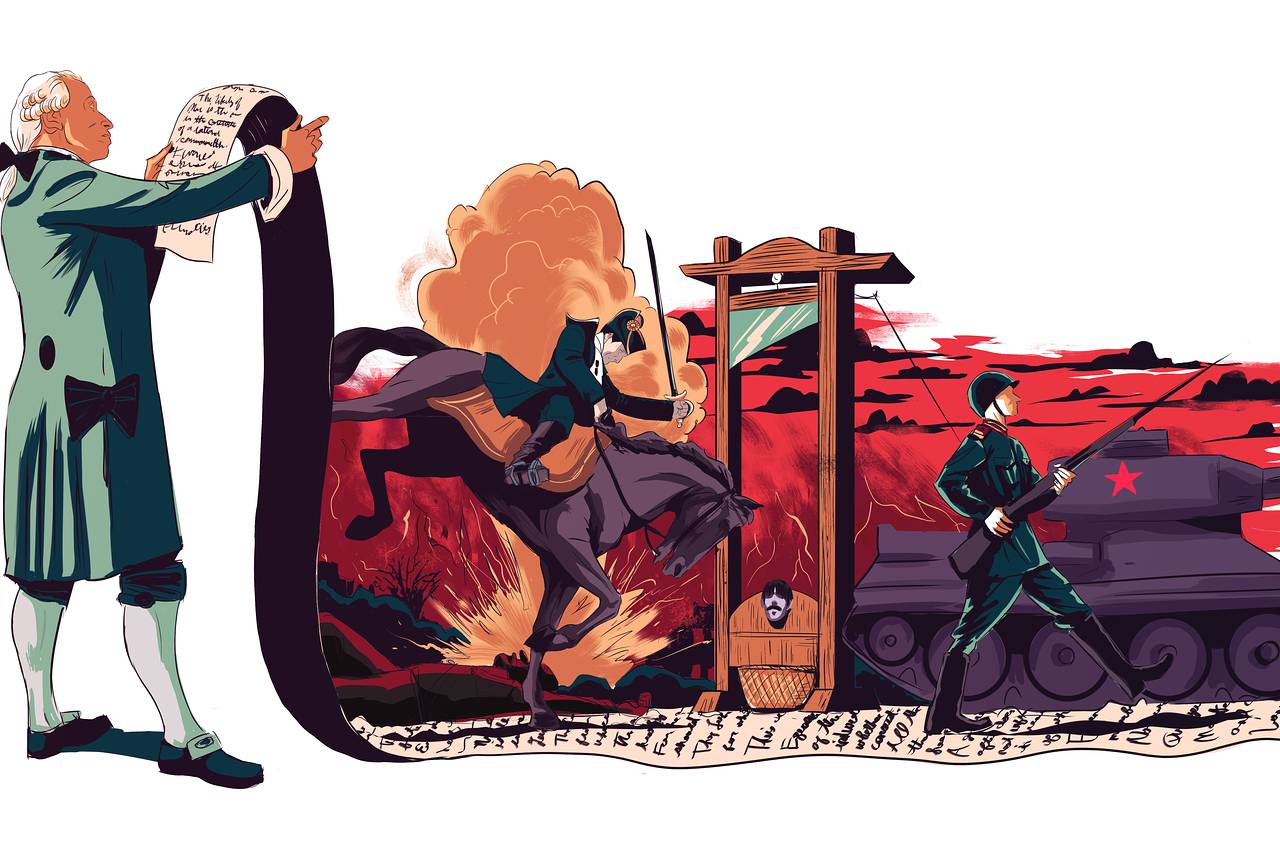Attacks on clerical teaching formed part of a vigorous body of criticism of the role of the clergy in the Old Regime. In denouncing fanaticism and superstition, the philosophes singled out the Society of Jesus.
Pressure for the dissolution of the Jesuits gained the support of Catholic rulers, who had long been annoyed by Jesuit intervention in politics, and in the 1760s the Jesuits were expelled from several leading Catholic countries, including Portugal, France, and Spain. Pope Clement XIV (1769-1774) dissolved the Jesuit order in 1773; it would not be revived until forty years later, when the political and intellectual climate had become less hostile.
As champions of tolerance, the philosophes showed a particular affinity for the religious attitude called deism (from the Latin deus, “god”). Deist doctrines arose in seventeenth-century England, where the deists hoped to settle religious strife by reason rather than by arms. All persons, they asserted, could agree on a few broad religious principles.
Since the Newtonian world-machine implied the existence of a master mechanic, the deists accepted God as the creator of the universe. But they limited his role to the distant past and the remote future, and they doubted that he had any concern with day-to- day human activities. The deists particularly denounced beliefs and practices arising from mysteries and miracles, such as the Trinity, the Virgin Birth, and the Eucharist.
The chief exponent of deism in France was FrançoisMarie Arouet, who took the pen name of Voltaire (1694-1778). He poured forth letters, plays, epics, histories, and essays. Clear, witty, and often bitingly satirical, his writings were enormously popular, and they were viewed by the authorities as so subversive that they were often printed under an assumed name or outside France to evade censorship. It was Voltaire who broadened the writing of history to include economics and culture as well as war and politics.
Voltaire had experienced political intolerance firsthand. As a young man he had spent a year as a prisoner in Paris and three years of exile in England because he had criticized the French government. The religious and political freedom of Britain made an immense impression on the refugee. Back home, Voltaire carried on a lifelong crusade for tolerance. In 1762 a Protestant merchant of Toulouse, Jean Calas, was accused of having murdered his son to prevent his conversion to Catholicism and was executed by being broken on the wheel. Voltaire discovered that the accusation was based almost wholly on rumor, and he believed that the court had acted out of anti- Protestant hysteria. Voltaire campaigned for three years until the original verdict was reversed and the name of Calas was cleared.
The existence of evil confronted the Age of Reason with a major problem. Few of the philosophes accepted the traditional Christian teaching that evil arose from original sin. If God were purely benevolent, they asked, why then had he created a world in which evil so often prevailed? Could a perfect God produce an imperfect creation? Voltaire took his stand in his most famous work, Candide (1759), which showed the disasters abounding in the best of all possible worlds.
Deism enabled Voltaire to effect a reconciliation between a perfect God and an imperfect world. Voltaire believed that God was indeed the Creator but that there was no way to determine whether God would attempt to perfect his creation. Even so, Voltaire had no doubts about the usefulness of religion for the masses. “Man,” he stated, “has always needed a brake…. If God did not exist, He would have to be invented.”
It was another French philosopher, the baron d’Holbach (1723-1789), who pressed the antireligion argument furthest, however. Mankind, Holbach wrote, was innately moral and was perverted by education and the church. God need not be invented, Holbach thought, for all that was needed ethically came from an individual’s pursuit of pleasure.

